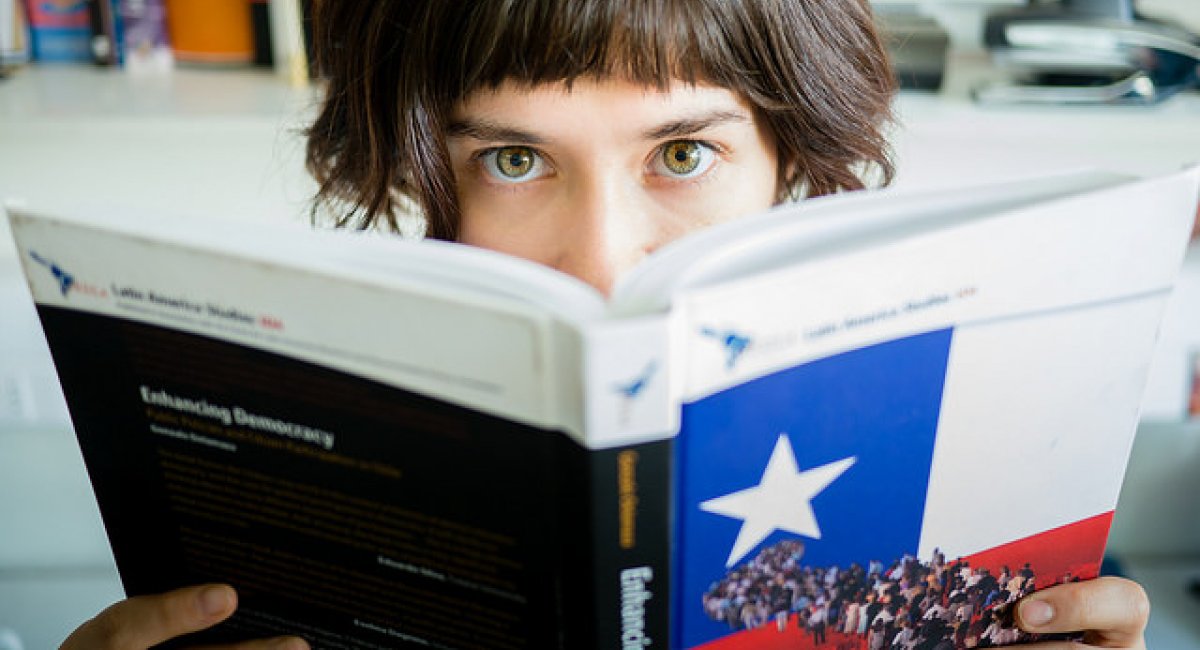Amazon and Microsoft to team up
By Betty, September 25 2017Amazon and Microsoft are teaming up to get their virtual assistants to talk to each other.
Someone with an Amazon Echo smart speaker might use Cortana to book a meeting or to check a calendar, Amazon suggested in a press release announcing the news on Wednesday. Or Cortana users could control their smart home via Alexa.
When the feature becomes available later in 2017, users will access one virtual assistant via the other (at least at first) by saying "Alexa, open Cortana," or "Cortana, open Alexa," then give their command.
In a statement, Microsoft CEO Satya Nadella said: "Ensuring Cortana is available for our customers everywhere and across any device is a key priority for us. Bringing Cortana's knowledge, Office 365 integration, commitments, and reminders to Alexa is a great step toward that goal."








